The only way to learn about Marxism is to read the original works of Marx, Engels, Lenin and Trotsky. After all, nobody has ever expressed these ideas better than the authors themselves. Each and every one of these important works contains key lessons for the reader today. The central task facing Marxists worldwide is the building of a revolutionary party. And it is impossible to build a revolutionary party without revolutionary theory. In this endeavor we must fight for theoretical clarity and link up with the mass movement of the working class.
Following the great success of the first volume of the Classics of Marxism, a second volume is now published containing five more important titles: Marx’s pioneering works on economics, Wage Labour and Capital and Value, Price and Profit; Lenin’s Left-Wing Communism: An Infantile Disorder and In Defence of October and Stalinism and Bolshevism by Trotsky.
The essential idea which runs through What Is To Be Done? is the need to train professional revolutionaries. In Lenin’s own words, “the Social-Democrats ideal should not be the trade union secretary, but the tribune of the people.” What Lenin was driving at here was not at all a belittling of the capacity of the workers to understand but quite the opposite. His main concern was to combat the petty bourgeois prejudice that ‘workers cannot understand theory’ and that the party literature must confine itself to economic slogans and immediate demands. He saw a comprehensive, agitational all-Russian newspaper – generalised and concretising the experience of all oppressed strata of society – as an essential tool in this process.
In this short text, Engels returns to questions raised when he and Karl Marx
were first establishing Marxism as its own independent philosophy separate
from that of Hegel. The pair were preparing a manuscript on Marxism’s
opposition to German philosophy of the time, but ultimately this project was
abandoned. Marx spent much of his remaining life supporting the workers
of Europe in their various struggles as well as writing the volumes of
Capital, so was unable to return to this topic and give us a clear
explanation of the origins of Marxist philosophy. It is this tragedy which
Engels steps forth to rectify in this brilliantly concise and substantive
analysis.
Anti-Dühring was according to Engels an attempt “to produce an encyclopaedic survey of our conception of the philosophical, natural-science and historical problems.” From a foundation of philosophy, Engels counters Dühring’s idealism with the philosophy of dialectic materialism. Through nature, to morality and then dialectics in general, Engels derives his method for an incredibly thorough analysis of political economy. The detail with which Engels describes real, concrete relations and historical processes, from which he draws his conclusions, is in marked contrast to the lazy assertions and abstract generalisations of Dühring. It is a truly remarkable demonstration of historical materialism at work.
In the text, Engels responds to many of the most groundbreaking anthropological studies of the day and goes on to explain the material basis of the oppression of women and the state, demonstrating that they are not timeless, eternal phenomena, but rather products of history that arose along with the division of society into classes, and will cease to exist with the overthrow of private property. As Engels puts: “The society which organizes production anew on the basis of free and equal association of the producers will put the whole state machinery where it will then belong – into the museum of antiquities, next to the spinning wheel and the bronze axe.”
Lenin wrote Imperialism in the first half of 1916, while in exile in Switzerland. The historical and political context is important to understanding the significance of the work. World War I was a momentous event, which plunged the international labour movement into crisis, as the workers’ leaders failed to analyse it correctly and to politically arm the working class to fight the brutal imperialist war.
Imperialism remains a vital theoretical tool for Marxists to cut across confusion on this question within the labour movement. All around the world the correctness of Lenin’s argument is proven as the balance of forces between imperialist powers – declining American imperialism and rising Chinese imperialism in particular – is laying the basis for new struggles for markets and spheres of influence, reflected in growing tensions, trade wars, proxy wars, etc.
In this classic text, Lenin brilliantly explains the fundamental principles of the materialist philosophy of Marxism. He defends them against idealist attacks from the subjective idealism of Machism, a philosophical trend, which at Lenin’s time was becoming very fashionable, even within the workers movement.
Step by step, layer by layer, quoting at length from the many trendy philosophical and scientific publications of the day, the book exposes idealism in all its guises. The aim was very simple: to bring out in the open the real difference between Marxist dialectical materialism and subjective idealism, which in the last instance always leads to some form of religious world outlook.
Analysing the different shades and expressions of Machism internationally, Lenin stressed that “in every philosophical question raised by the new physics, we [trace] the struggle between materialism and idealism.” And he showed that: “Behind the mass of new terminological devices, behind the litter of erudite scholasticism, we invariably discerned two principal alignments, two fundamental trends in the solution of philosophical problems. Whether nature, matter, the physical, the external world should be taken as primary, and consciousness, mind, sensation (experience – as the widespread terminology of our time has it), the psychical, etc., should be regarded as secondary – that is the root question which in fact continues to divide the philosophers into two great camps.”
Alan Woods wrote this book in 1999 as an answer to the various histories of Russia written from an anti-Bolshevik perspective, or its Stalinist mirror image. It sets out to disprove the various slanders spread about the Russian Revolution by so-called academics and historians who allege that the revolution was a coup, an accident of history, or simply as the work of one great man (Lenin).
The book uncovers the real history of Bolshevism as a living struggle to apply the method of Marxism to the specific situation in Russia in the early 20th Century. It is a work of historical materialism and a study of the revolutionary process. In particular this book contains many detailed and valuable lessons on methods and tactics for the building of a revolutionary party. The Bolsheviks carried through the greatest event in human history – the seizure of power by workers and peasants in Russia in 1917. Learning the lessons of how they built the party capable of leading this revolution is of vital importance for those fighting for revolution today.
In this book, Alan Woods outlines the development of philosophy from the ancient Greeks, all the way through to Marx and Engels. They were the ones who brought together the best of previous thinking to produce the Marxist philosophical outlook, which looks at the real material world, not as a static immovable reality, but one that is constantly changing and moving according to laws that can be discovered.
It is this method which allows Marxists to look at how things were, how they have become and how they are most likely going to be in the future, in a long process which started with the early primitive humans in their struggles for survival, through to the emergence of class societies, all as part of a process towards greater and greater knowledge of the world we live in.
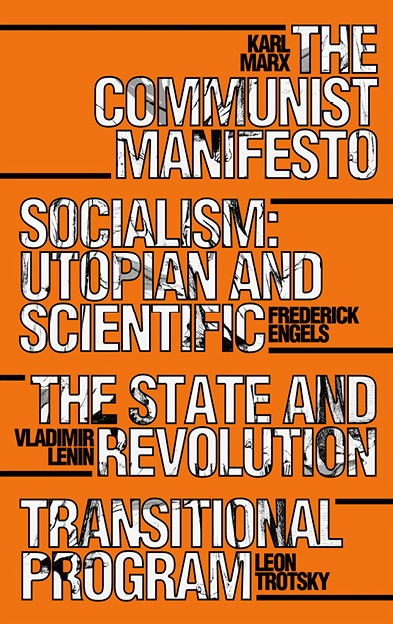
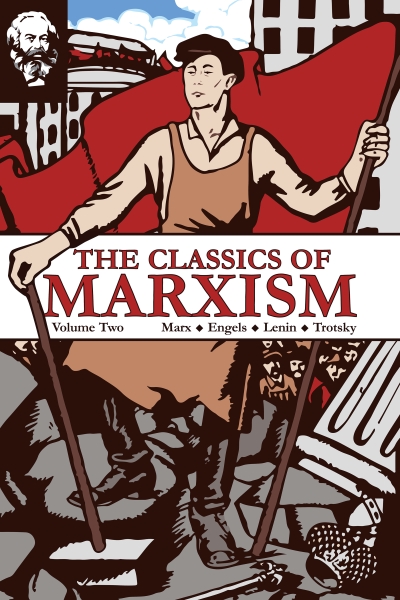
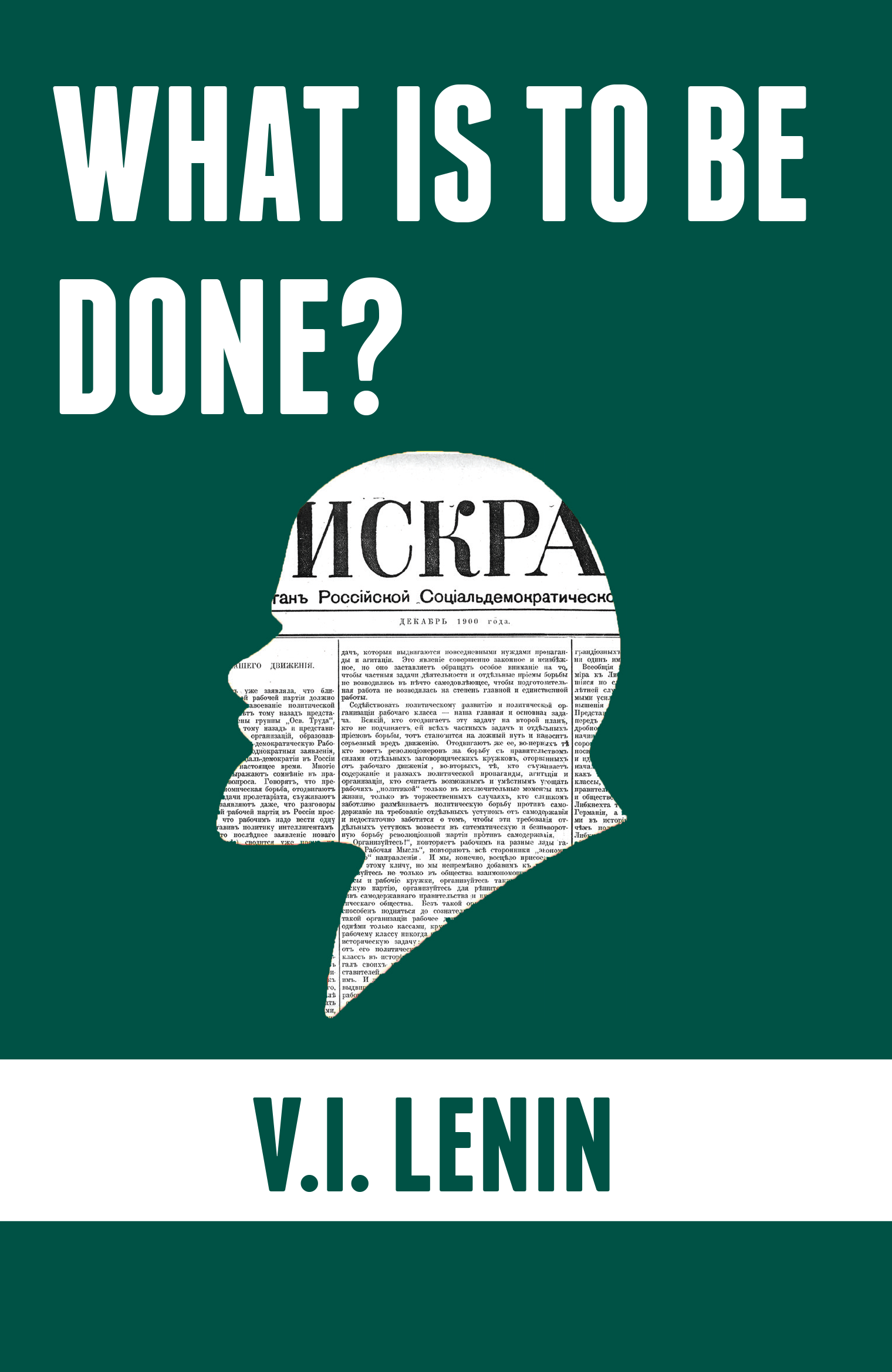
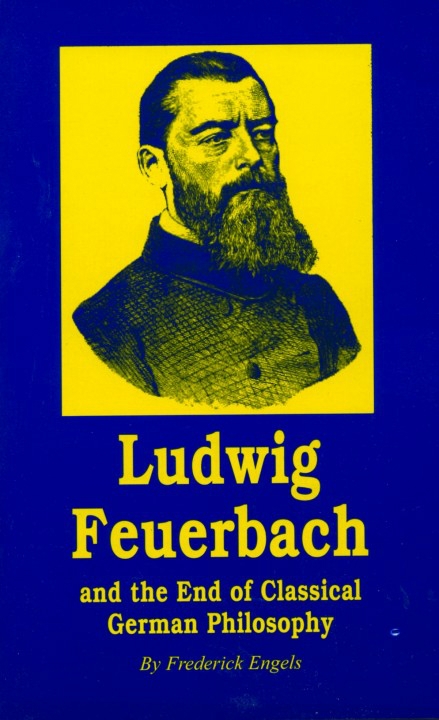

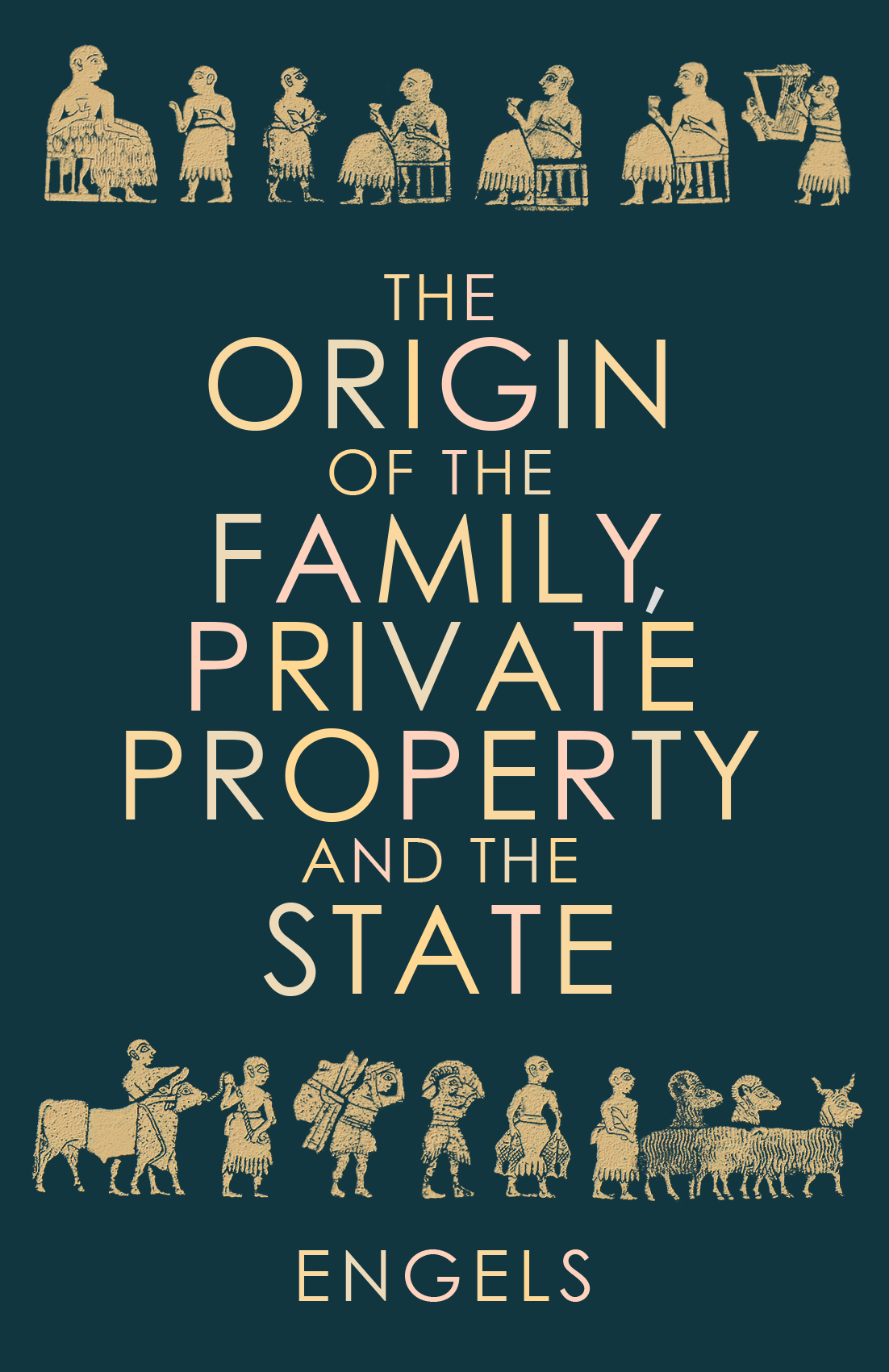
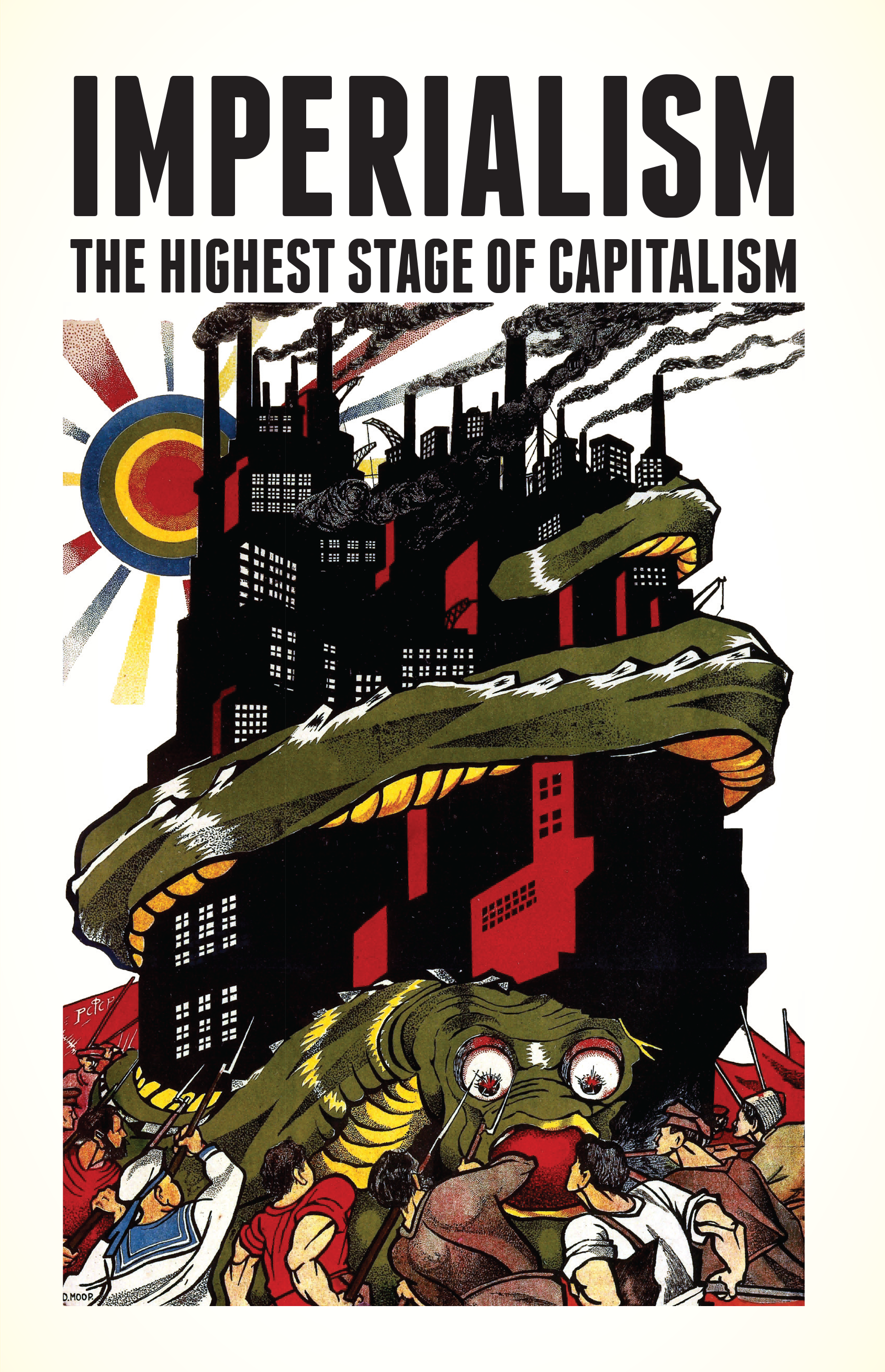
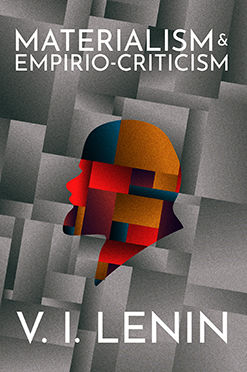
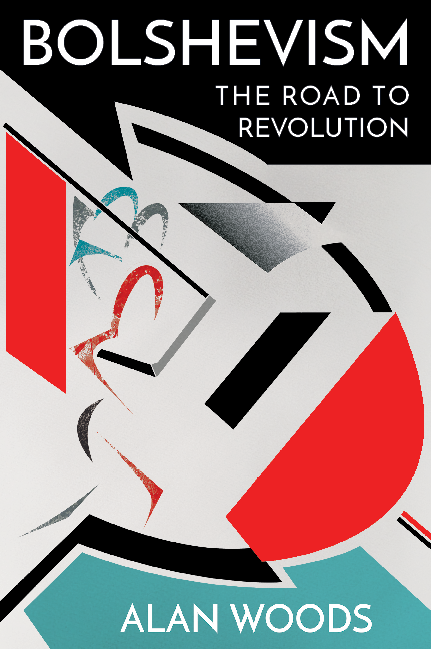
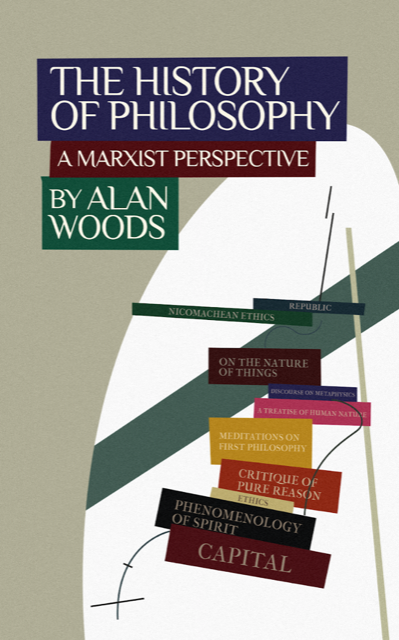
 No products in the basket.
No products in the basket.